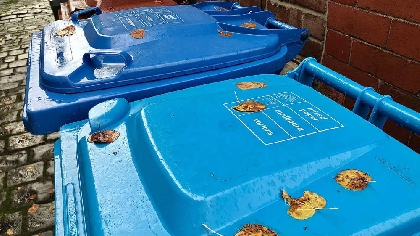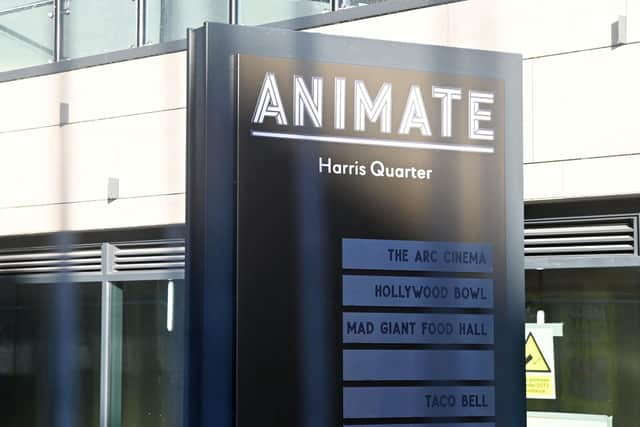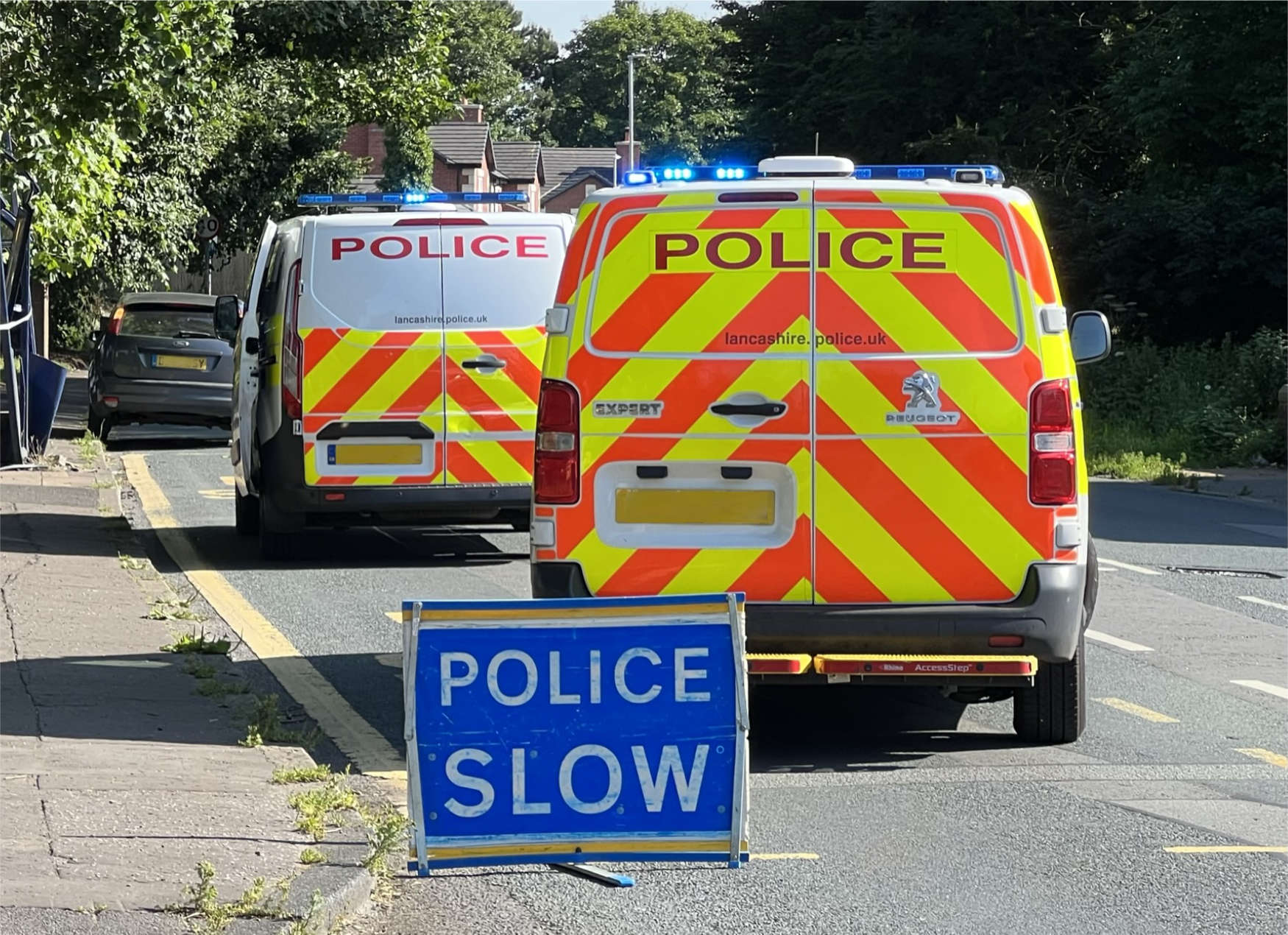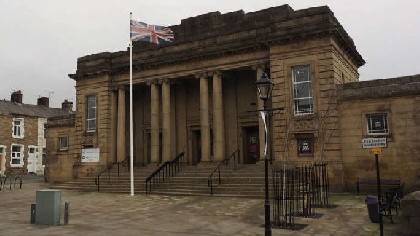
Weekly household food waste collections and changes to bins and recycling are being considered by Lancaster City Council.
Across England, councils are being told to follow a government ‘Simpler Recycling’ scheme which aims to create consistent waste collection and recycling arrangements for all councils by next year.
The ultimate aim is to reduce the use of landfill tips and to recycle more materials like paper, tins, glass and plastics. Also food waste can be used in some processes to generate heat energy or for fertilisers for farms and gardens.
The national move for common arrangements across English councils was launched by the previous Conservative government and is being continued under the new government. District councils collect waste while county councils, such as Lancashire, dispose of it and recycle it.
This month, Lancaster City Council’s cabinet will meet to decide the best way for the collections to be introduced in the district. One main proposal is to switch from the current recycling boxes to new 240-litre wheelie bins.
Larger bins would make it easier for households to store recyclables like glass, plastic, tins, cardboard and paper and reduce mess on the streets. If the proposals get the green light, recycling collections would move to every three weeks instead of every two, because there will be more space in each bin.
The same three-week cycle is also being proposed for grey bins, with the expectation that people throw away less once they start recycling food waste weekly.
Coun Paul Hart, Lancaster City Council’s cabinet member for environmental services, said: “Bringing in food waste collections is part of a national plan to simplify how waste and recycling is collected, but it also gives us a chance to take a fresh look at how we do things.
“If people are putting their food waste out for collection each week, their grey bins won’t fill up so quickly. And bigger recycling bins — something lots of residents have asked for – should make things easier and tidier.
“I know these are big changes. But other councils that have already made the switch are seeing less waste going into grey bins and more being recycled. That’s what we’re aiming for too.”
The city council has received around £1.46milion from the government to support food waste collections. This will be used to buy new vehicles and food waste caddies for households.
Each home will receive a free kitchen caddy for food waste, This can be emptied it into a new outside food waste bin, also provided by the council, once full.
At a media briefing, Lancaster City Council chiefs said the district has a variety of urban and rural areas with different housing, bin storage spaces and access, from terraced houses in towns to isolated rural homes. A mix of bin types and waste collection arrangements already exist and there will be some flexibility in any new arrangements too, they said.
But they said the current use of recycling boxes is not satisfactory. Issues with boxes include waste spilling onto streets or been blown away by the wind, and bin crews having to carry cumbersome boxes. Wheelie bins are seen as a better solution for many situations.

 Preston’s Animate leisure complex to mark first anniversary
Preston’s Animate leisure complex to mark first anniversary
 Investigation into death of Preston student continues
Investigation into death of Preston student continues
 King Charles visits Lancashire
King Charles visits Lancashire
 Blackpool blaze destroys soft play centre and damages neighbouring shops
Blackpool blaze destroys soft play centre and damages neighbouring shops
 Great Harwood's Mercer Hall wins £60k Arts Council grant
Great Harwood's Mercer Hall wins £60k Arts Council grant








